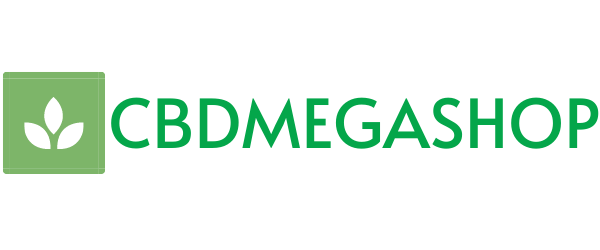Blog, CBD News, CBD Oil, CBD Vape Juice
CBD News Roundup: Drug Developer Granted Patent for Novel Statin/CBD Drug

Here’s the most recent CBD information:
- A drug improvement firm is granted the primary patent for a statin-CBD formulation.
- Starting this week, Australian pharmacists can promote CBD over-the-counter supplied the merchandise meet sure standards.
- New analysis exhibits CBD isn’t as efficient as earlier research have proven (if in any respect) in addressing signs of cocaine use dysfunction.
Table of Contents
- Drug Developer Granted Patent for Novel Statin/CBD Drug
- Cannabidiol Earns OTC Status in Australia
- Researchers Roll Back Claims Touting CBD for Cocaine Addiction
Drug Developer Granted Patent for Novel Statin/CBD Drug
Colorado-based Indication BioScience LLC, a pharmaceutical improvement firm specializing in cholesterol-lowering medication, introduced Tuesday that they have been granted a patent for growing a drug containing each CBD and a statin.
According to the American Academy of Family Physicians, prevalently prescribed statins are cholesterol-fighting medication used for “the prevention of CVD (heart problems) occasions and mortality” in sufferers deemed by physicians to be in danger for such an “occasion,” together with coronary heart assault or stroke.
As a part of their “Statin+” drug supply platform, Indication BioScience is engaged on methods to enhance outcomes amongst sufferers taking these medication, which is the place the addition of CBD is available in.
Specifically, the motivation behind the pursuit of U.S. Patent US10835501B2 was to offset a number of the probably extreme unintended effects of statins, which may embrace:
- Muscle soreness and fatigue
- Increased blood glucose ranges
- Some cognitive deficits (reminiscence, confusion)
- Liver injury
According to Indication BioScience, who will now concentrate on funding medical analysis previous to transferring ahead with manufacturing of CBD/statin medication, the addition of CBD “has the synergistic results of improved lipid decreasing, discount of arterial plaque, and dramatic discount of unintended effects.”
Cannabidiol Earns OTC Status in Australia
Australia’s Therapeutic Goods Administration (TGA) introduced their down-scheduling of “low-dose cannabidiol (CBD)” from a Schedule 4 substance to a Schedule 3 substance in mid-December of final yr, a choice that simply went into impact this Monday, February 1.
This explicit soar is a monumental one for Australian CBD producers and clients alike, because it marks the divide between prescription-only (Schedule 4) and over-the-counter (Schedule 3) standing.
In order to qualify for this down-scheduling, CBD merchandise have to fulfill Schedule 3 standards, chief amongst which is the requirement on pharmacists to stick to the newly elevated 150mg/day most each day dose.
Once a product is accepted by the TGA, it’s positioned within the Australian Register of Therapeutic Goods (ARTG), and might thereafter be bought over-the-counter.
Somewhat just like CBD’s standing in America, merchandise not accepted by the TGA (the Australian equal of the US Food and Drug Administration) can nonetheless be accessed utilizing different regulatory pathways such because the “Special Access Scheme (SAS) or Authorised Prescriber (APA) scheme.”
New Study Contradicts Existing Research on CBD for Cocaine Addiction
The outcomes of a placebo-controlled trial on the consequences of cannabidiol for cocaine use dysfunction (CUD) printed on January nineteenth provide contradictory proof to earlier findings—specifically that CBD is dangerous, not useful, for cocaine use dysfunction.
A 2019 examine about CBD and CUD concluded “cannabidiol remedy would possibly promote resilience to cocaine and methamphetamine use issues.”
However, this more moderen discovering by University of Montreal Hospital Research Center authors concluded that “cannabidiol didn’t scale back cocaine craving or relapse amongst individuals being handled for cocaine use dysfunction.”
In the trial, 78 adults with CUD have been assigned to CBD (800mg/day) or placebo teams after which phased by 10-day inpatient detoxing and 12-week outpatient follow-up packages.
Researchers used “drug-cue-induced craving throughout detoxing” and “time-to-cocaine relapse throughout subsequent outpatient remedy” as their measurable outcomes.
When uncovered to drug cues, craving-related behaviors elevated extra within the CBD group than within the placebo group, and the danger of relapse (solely three individuals didn’t relapse) was very related.
In mild of this new flip within the proof, extra research will possible floor to isolate and discover the elements inflicting the disparities in outcomes.
£
£
